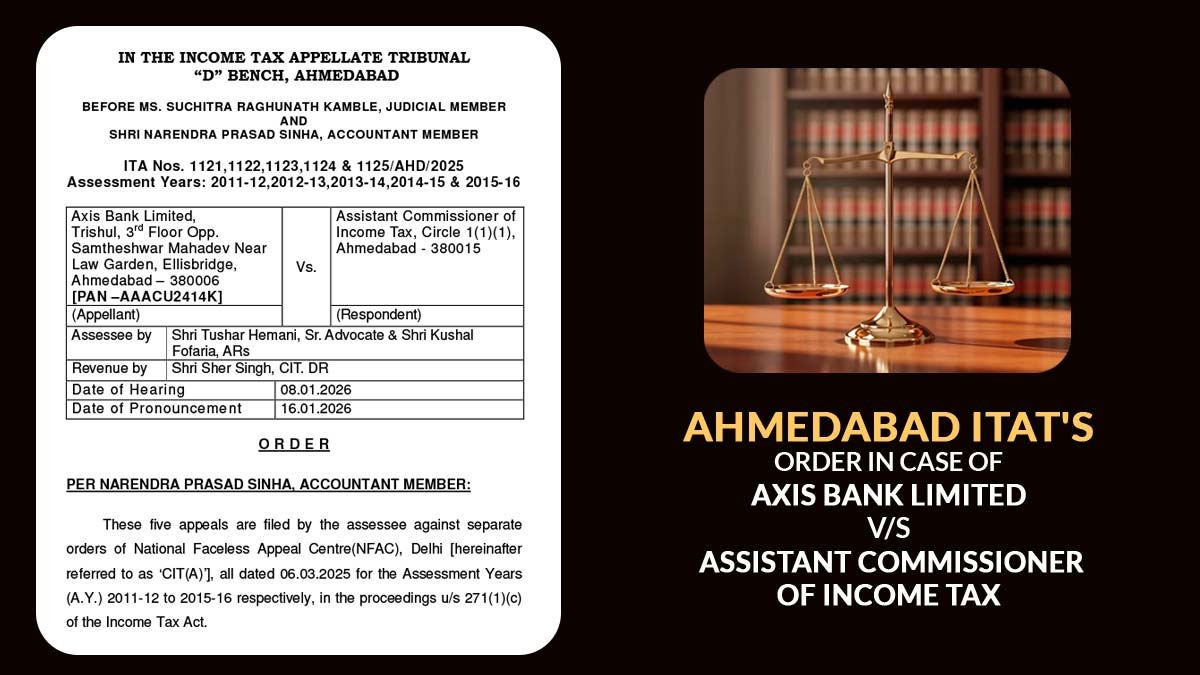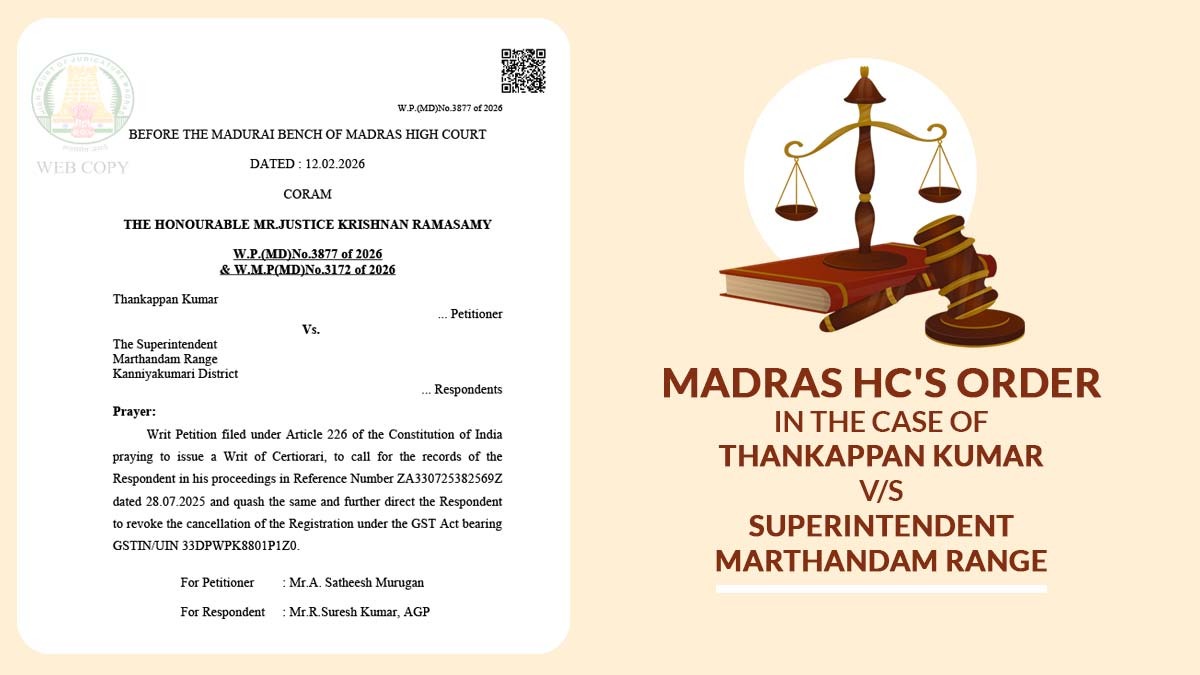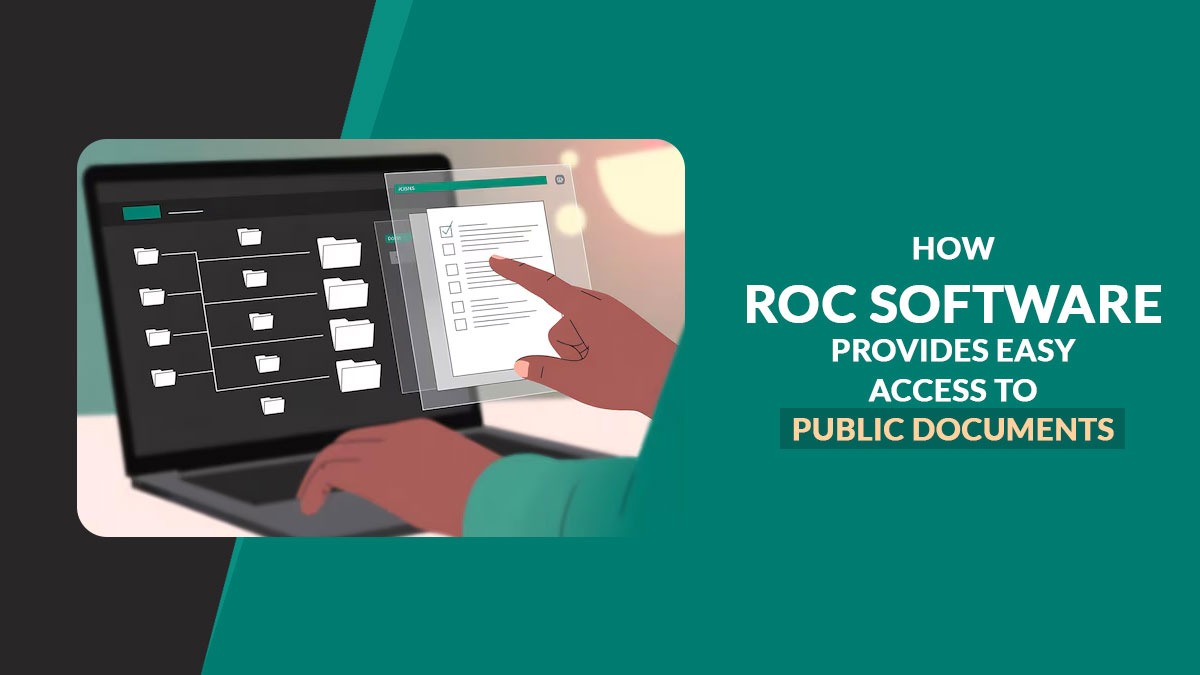
Visualize your career history as a storybook filled with diverse chapters. Occasionally, between these chapters, there may be a pause – known as a “career gap.” This represents a period when you weren’t engaged in regular employment. Perhaps you took time off for studies, travel, family responsibilities, or personal reasons.
In this article, we’ll delve into the concept of career gaps, why they’re perfectly acceptable, and how to address them when seeking new CA job opportunities.
Imagine yourself as a dedicated CA student, diligently pursuing your qualification. Along this journey, you recognize the need for a brief career gap to focus on conquering a particularly demanding set of examinations. During this interval, your primary objective is to ensure outstanding academic performance and excel in these exams.
Important: Best Business Opportunities for Chartered Accountants
This career gap resembles a pause button in your professional odyssey. It’s a deliberate, temporary hiatus you’ve chosen to prioritize your education and attain a significant milestone. While you may not be actively employed during this phase, you’re wholeheartedly investing your time and energy in enhancing your skills and knowledge. This gap underscores your unwavering dedication to becoming a successful Chartered Accountant (CA) professional.
How to Convert Career Gaps in Job Opportunities During a CA Interview
Here, we have covered how you can quickly turn any career gaps you may have into job chances during a CA job interview.
What are the Causes? Explain
Please briefly outline the cause of your career gap, whether it was for advancing your education, tending to family duties, health-related issues, or other circumstances.
For instance, I had a career pause to offer crucial support to a family member during a critical period.
Be Genuine and Cheerful
Start by openly recognizing the gap in your career history, while highlighting the constructive ways in which you made the most of that period.
For instance, over the past year, I dedicated time to attending to personal commitments and to actively fostering my professional development. This hiatus allowed me to sharpen my abilities and develop a more profound insight into prevailing industry dynamics.
During the Period of Gap Showcase Activities
Emphasize the constructive pursuits you undertook throughout the career gap. These may encompass courses, workshops, volunteer commitments, freelance endeavours, or personal initiatives that showcase your dedication to self-enhancement.
For instance, during my hiatus, I registered for online courses to augment my technical proficiency, and I actively contributed to my community by volunteering with a local non-profit organization.
Highlight Your Preparedness
Convey your eagerness and readiness to rejoin the workforce. Share how you’ve surmounted challenges and expressed your enthusiasm for contributing to a new team.
For instance, I’m thrilled to embark on my return to the workforce, and my time away has reinvigorated me with fresh perspectives and a renewed passion to take on new challenges.
Correlate Your Skills to the Job
Describe how the abilities you acquired or developed during the career gap apply to the position for which you are seeking.
For instance, I feel my sophisticated data analysis abilities, which I acquired over my vacation, will be helpful to your company as they analyse market trends.
Highlight Your Value
Reiterate your accomplishments and successes from before the career gap to remind the interviewer of your capabilities. Transition the conversation toward how your skills and experience can benefit the company.
For instance, before my career hiatus, I successfully led a team and spearheaded a project that improved efficiency by 20%. I’m confident that my background and commitment make me a valuable asset for this role.
Recommended: What is the Future Scope for Chartered Accountants
Remember, interviewers value honesty and the ability to turn challenges into opportunities. By addressing career gaps with confidence and proactivity, you’ll showcase your adaptability and determination to excel, leaving a positive impression during the interview.
Concentrate on Your Achievements
Emphasize any accomplishments or milestones you reached during the career gap. This might include certifications you’ve earned, projects you’ve successfully completed, or personal growth experiences.
For instance, I recently achieved a project management certification, enabling me to enhance my organizational prowess and implement effective strategies for task management.
Handling Skill Enhancement
If the career gap has resulted in a skills deficit, outline your plan to bridge this gap. Express your willingness to pursue training or engage in self-study to catch up.
For instance, while my career break allowed me to prioritize family responsibilities, I’m dedicated to upgrading my skills and have already enrolled in an intensive training program to update my technical proficiency.
Common Mistakes to Avoid During a CA Job Interview After a Career Gap
As mentioned below, you can check some of the most common mistakes that you can avoid during the CA job interview after a career gap.
Too Much Information Sharing
Sharing excessive personal details about the reasons for the career gap.
For instance, during an interview, you delve into extensive specifics about a divorce or a family issue that prompted your break, making the conversation uncomfortable for the interviewer.
Ignoring the Gap
Neglecting to acknowledge or elucidate the career gap in your resume or during interviews.
For instance, you have a two-year gap in your work history, but your resume and cover letter provide no information about it. During an interview, when the employer inquires about the gap, you struggle to come up with an explanation.
Accusing Others
Attributing the career gap to past employers or circumstances.
For instance, in an interview, you attribute your resignation to a toxic work environment created by your previous boss. This not only casts a negative light on your professionalism but also raises questions about your capacity to navigate workplace difficulties.
Dishonesty
Furnishing false information to camouflage the career gap.
For instance, you claim to have been freelancing during a one-year gap, fabricating a fake portfolio and references, or manipulating employment dates and creating a fictitious job history to fill the gap. This can lead to serious repercussions if uncovered. The truth tends to surface during background checks, tarnishing your reputation.
Use General Explanations
Giving justifications for the professional gap that are nebulous or excessively general.
Read Also: Easy Tips to Study Chartered Accountancy Course in India
For instance, in your resume, you mention a one-year gap without any explanation, simply stating personal reasons. This makes the employer think about what those reasons might be.
Not Remaining Modernized
Neglecting to stay current with industry trends, technologies, or skills during the career hiatus.
For instance, after a two-year break from your field, you fail to dedicate time to keeping your skills up-to-date. When you decide to re-enter the job market, you realise that your knowledge has become obsolete, putting you at a disadvantage compared to other candidates.
Underestimating the Value of Volunteer Freelance Projects or Work
Neglecting to acknowledge relevant volunteer experiences, freelance projects, or side endeavours undertaken during the career gap.
For instance, you dedicated a year to volunteering for a nonprofit organization, where you managed their social media and organized events. Unfortunately, you omitted this valuable experience from your resume because it wasn’t a paid role, missing an opportunity to showcase your skills.
Lower Trust
Over-apologizing or displaying a lack of confidence when addressing the career gap.
For instance, during an interview, you offer excessive apologies for the gap and minimize your skills and achievements. This undermines your credibility and raises doubts about your self-assurance in the eyes of the employer.
Failing to Illustrate Personal and Professional Growth
Not effectively conveying personal and professional development during the career gap.
For instance, you took a break to care for an ailing family member. Instead of highlighting how this experience improved your communication, empathy, and time management skills, you present it merely as an obligation that impeded your career.
Forgetting Networks
Failing to nurture professional connections and networks during the career hiatus.
For instance, you disengage from your industry contacts while on your break. When you choose to return to the job market, you encounter difficulties in securing references and endorsements from professionals who are knowledgeable about your recent contributions.
In conclusion, successfully navigating career gaps requires a strategic and thoughtful approach to ensure they don’t hinder your professional journey. By avoiding common mistakes like disregarding the gap, being vague, resorting to dishonesty, or isolating yourself, you can maintain your credibility and enhance your prospects of bridging the gap effectively.
Trending: How Can Artificial Intelligence Make Auditors Jobless? Check
Emphasizing transferable skills acquired during the break, continuously honing your abilities, and staying connected with your industry are pivotal steps in demonstrating your commitment to growth and adaptability.
Remember, a career gap isn’t an insurmountable obstacle; it’s an opportunity to showcase your resilience, resourcefulness, and determination to excel, ultimately making you a more well-rounded and valuable candidate in the eyes of potential employers.









